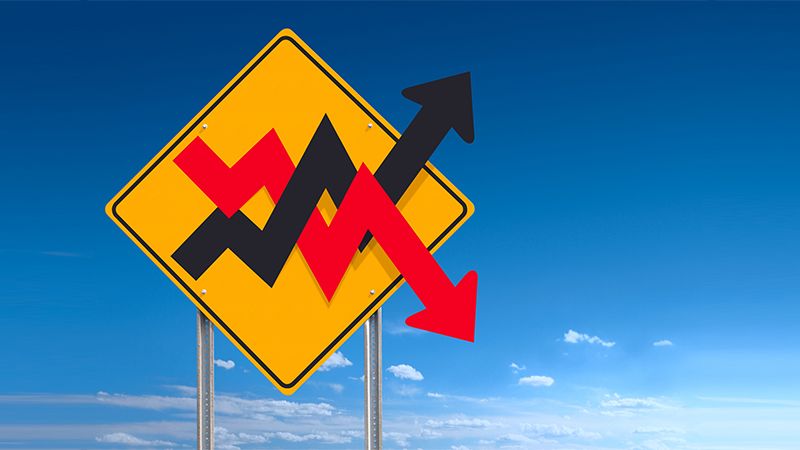JP Morgan: European economy on ‘shaky foundations’
However there remains ‘pockets of optimism’

However there remains ‘pockets of optimism’

Although progress towards achieving Sustainable Development Goals is still far off track

However there is great variation across the region

Both will now be available in 25 European and Asian fund markets

The Iberian country has undergone a turnaround in fortunes since the European debt crisis.

Greece has returned to the bond market for the first time in three years after issuing its first five-year euro-denominated bond at a yield of around 4.75%.

The Morgan Stanley Global Brands Fund has generated double the returns of its benchmark over the past eight years, and with lower volatility. So little wonder this is the favourite fund of Michalis Fessas, head of fund selection at Eurobank Asset Management in Greece, ever since he joined the bank’s fund selection team in 2009.

In this Q&A session, filmed at Expert Investor’s Pan-European Congress, Yanis Varoufakis reveals exclusively why he is not a eurosceptic. He also explains why he admires Wolfgang Schäuble, and much more.

In part two of this video interview, Michalis Fessas, head of fund selection of Eurobank in Greece, sheds his light on the question what money market investors should be doing to preserve their capital.

While the Greek economy contracted massively in 2015, the foreign fund market in the country tripled in size. In this interview, Eurobank’s head of fund selection Michalis Fessas, explains why this happened and discusses its implications for investors.

European equities have further to go on the long term, even though financial markets are currently underestimating the risks connected to Greece, says Erik Arranto of Elite Asset Management in Helsinki.

European investors appear to have shrugged off their worries about a Grexit, with the Euro Stoxx 50 index up 2.4% on Monday. Indeed, the consensus that European stocks are the place to be has returned, also among the continent’s fund buyers.